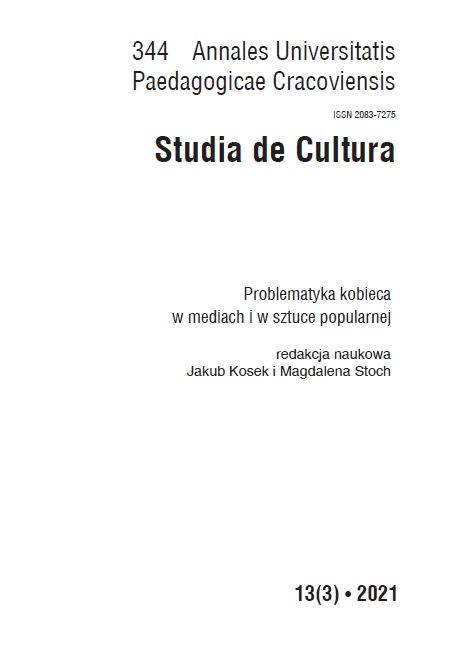Abstract
Andrzej Wróblewski’s painting has already achieved the status of a cult classic. His works
are usually interpreted as a confrontation with war, the system, or totalitarianism—that
is, as “political.” Understanding politics in this way—separating its “public,” “general,” or institutional aspects from direct, lived experience—is at odds with dialectics, whose complex trajectory the young Warsaw-based painters attempted to follow shortly after the war. Zbigniew Dłubak quoting György Lukács, the manifestos of the first exhibitions of modern art, and Wróblewski’s notes and texts all clearly indicate the necessity of moving beyond the classical (at least in liberal-conservative political thought) division between the public and the private in the analysis of avant-garde art of that period. From a feminist perspective, which I will develop here, I can only applaud the overcoming of this separation.
References
Adorno Theodor, “Cultural Criticism and Society Today,” in Adorno, Prisms, trans. Samuel and Shierry Weber, (Cambridge, Mass.: MIT Press, 1997).
View in Google Scholar
Avoiding Intermediate States. Andrzej Wróblewski (1927–1957), eds., Magdalena Ziółkowska and Wojciech Grzybała, (Ostfildern: Hatje Cantz, 2014), pp. 482–525.
View in Google Scholar
Benjamin Walter, On the Concept of History. Gesammelte Schriften I:2, 1940, (Frankfurt am Main: Suhrkamp Verlag, 1974), trans. Dennis Redmond, available at: https://www.marxists.org/reference/archive/benjamin/1940/history.htm.
View in Google Scholar
Chassey Éric de, Wróblewski Did Impossible Things in His Time [Interview], https://culture.pl/pl/artykul/eric-de-chassey-wroblewski-robil-rzeczy-niemozliwe-w-jego-czasach-wywiad, accessed June 26, 2019.
View in Google Scholar
Dłubak Zbigniew, “Remarks on Modern Art,” in Andrzej Wróblewski. To the Margin and Back, ed., Magdalena Ziółkowska, (Eindhoven: Van Abbemuseum, 2010), trans. Krzysztof Kościuczuk, pp. 24–28.
View in Google Scholar
Groys Boris, Weak Universalism, https://www.e-flux.com/journal/15/61294/the-weak-universalism/, accessed June 26, 2019.
View in Google Scholar
Habermas Jürgen, The Structural Transformation of the Public Sphere: An Inquiry into a Category of Bourgeois Society, trans. Thomas Burger, (Cambridge, Mass.: MIT 1991).
View in Google Scholar
Hegel Georg Wilhelm Friedrich, Elements of the Philosophy of Right, ed., Allen W. Wood, (Cambridge: Cambridge University Press, 1991).
View in Google Scholar
Irigaray Luce, “The Bodily Encounter with the Mother,” trans. David Macey, in Margaret Whiteford, The Irigaray Reader, (Oxford: Blackwell, 1991), pp. 34–46.
View in Google Scholar
Malevich Kazimir, Wiersze i teksty [Poems and Texts], trans. Agnieszka Lubomira Piotrowska and Adam Pomorski, (Warsaw: OPEN Wydawnictwo Naukowe i Literackie, 2004), p. 70.
View in Google Scholar
Peters Sibylle, “Introduction (Being Many),” in Truth is Concrete. A Handbook for Artistic Strategies in Real Politics, ed., Florian Malzacher, (Berlin: Sternberg Press, 2014), pp. 129–131.
View in Google Scholar

This work is licensed under a Creative Commons Attribution-NonCommercial 4.0 International License.

